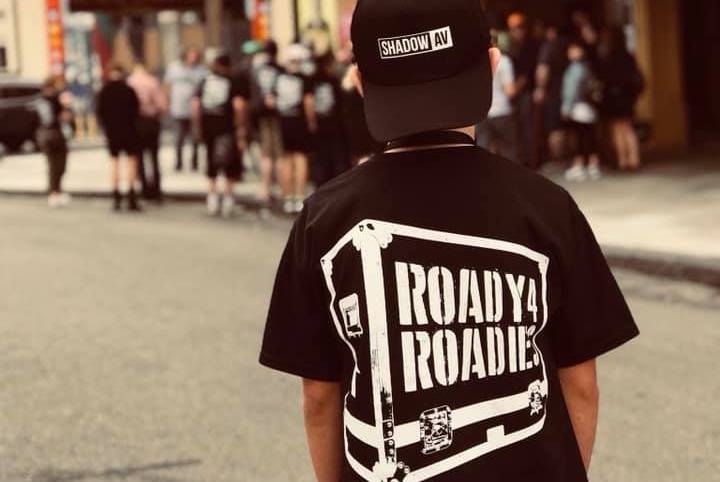Arts ministers meet in race to save the live music biz from collapse

This week Australia’s federal and arts ministers met to discuss a coronavirus survival package for the music and arts sectors.
At the same time, Support Act is starting a funding campaign as performers and arts workers turn to it in droves for help with financial and well-being problems.
The idea for the ministers’ meet is to come up with something that can be put into action as early as next month, giving them more time to initiate a longer-term plan.
The contemporary music industry seems optimistic of a positive outcome after meetings this week with federal arts minister Paul Fletcher, his chief of staff and advisers.
It argued that the sector, which had unique challenges, should be viewed with the same urgency as accorded to airlines and tourism.
Fletcher was described as supportive and sympathetic to the fact that the majority of performers and music biz workers had no financial buffer once their work stopped.
He had also acknowledged contemporary music’s contribution to the economy.
Clive Miller, chief executive of Support Act, says of the minister and his lieutenants “understand the scale of the problem and the impact it’s having on our industry”.
Fletcher also acknowledged “the reasons why it’s in greater difficulty than other sectors and the challenge for people to have any on-going income streams,” said Miller.
Victoria’s arts minister Martin Foley is also confident about a positive outcome.
“To sustain things for a month is not beyond our collective effort,” he tells The Age.
He senses strong thinking on the federal level that the sectors should be protected and describes the coronavirus shutdown as an “artistic and cultural tsunami”.
Support Act Building War Chest
Support Act has had more requests from performers and biz workers in the last two days than it has received in the last three months.
But just as it needs more money, two of its major fundraisers were cancelled yesterday.
The combined loss of the Music In The House event in parliament and road crew association CrewCare’s expanded Roady4Rooadies leaves it with a $350,000 hole to fill.
If the industry’s request for an $850 million survival package gets through, Support Act is in line to receive $10 million.
But given the volume of applications, yesterday I Lost My Gig put income lost from cancelled events at $150 million – it is simply not enough.

As a result, Support Act today launched a campaign to generate more funds and donations, the Australian Music Industry COVID-19 Relief Fund.
“We need tp go out and build ourselves a war chest,” Miller tells TMN.
“We need to get support from the government, we need to rally the troops, we need to reach the wider music-loving community to see if we can’t get them to give the love back to the music industry which has so generously provided to others (the bushfire victims) in recent months.”
He calls the daily rising tally and anecdotal stories from I Lost My Gig “frightening”.
“Many of those who’ve lost their jobs still have mortgages and children to look after. They don’t have sick leave, annual leave or redundancy packages. The scale of this is just so enormous.”
The wider industry is also urging the public to donate money received from refunds from cancelled events to Support Act.
One fund-raising initiative for industry workers comes from Angie McMahon, artist manager Charlotte Abroms and sound engineer Jono Steer.
“It’s the collective mental wellbeing of our industry we are trying to protect,” Abroms says.
Netgigs, the Adelaide-based two-year-old livestreaming service which by coincidence is about to widen its global presence just as livestreaming is regarded as a current option to gigs, has donated some of its proceeds.
Two State Responses
Queensland announced $8 million to lessen the impact on small to medium arts companies.
Arts Minister Leeanne Enoch is also offering 12-month funding extensions to organisations currently on the 2017-2020 Organisations Fund.
There are also relaxing changes to funding application timeframes to give companies more time to plan ahead, and rent relief for tenants based in Queensland Government Arts infrastructure.
Most of the 80,000 arts workers in Queensland are freelancers, with minimal income protection.
More initiatives will be announced in coming weeks, she said.

NSW’s shadow minister for music and the night-time economy John Graham (pictured, above) called on the state government to throw more support behind the music and entertainment sectors.
“Our musicians were the first to help after the bushfires. They survived the lockouts,” said Graham.
“Now they need our help, as their work dries up overnight as a result of these important restrictions on public gatherings.”


































